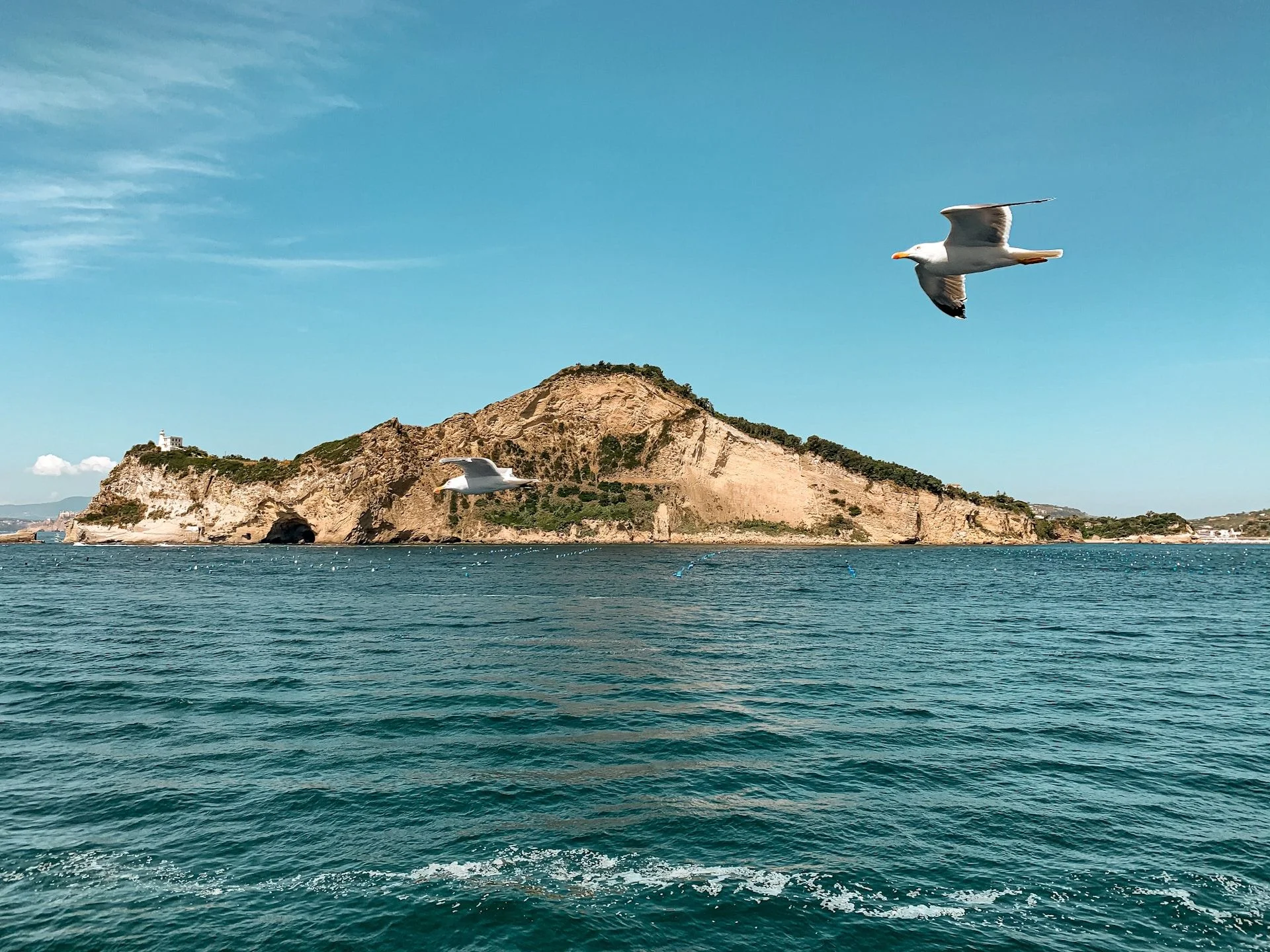Real estate in Flying Fish CoveTropical paradise, sea viewsand secluded villas

Best offers
in Flying Fish Cove
Benefits of investment in
Christmas Island real estate
Exclusive natural retreat with development opportunity
This remote Australian territory offers a peaceful environment, protected nature, and long-term potential for eco-investment.
Government infrastructure upgrades underway
Improvements in air access and communications support future tourism and real estate growth.
Rare market with first-mover appeal
Limited inventory and low density position investors at the early stage of long-cycle appreciation.
Exclusive natural retreat with development opportunity
This remote Australian territory offers a peaceful environment, protected nature, and long-term potential for eco-investment.
Government infrastructure upgrades underway
Improvements in air access and communications support future tourism and real estate growth.
Rare market with first-mover appeal
Limited inventory and low density position investors at the early stage of long-cycle appreciation.

Useful articles
and recommendations from experts
Real Estate in Flying Fish Cove, Christmas Island
Why Consider Investing in Christmas Island
Flying Fish Cove, the capital and main settlement of Australia’s external territory — Christmas Island — offers a truly unique real estate opportunity. Nestled in the Indian Ocean, the island is known for its pristine nature, low population density, and protected biodiversity. Though small and remote, Flying Fish Cove is a charming, functional coastal town featuring colonial heritage, government facilities, and access to the island’s limited but essential infrastructure. For adventurous investors and nature-seeking homeowners, this location presents a rare chance to own property in an ecologically rich, geopolitically stable, and government-supported environment.
Types of Property Available in Flying Fish Cove
Due to the island’s size, remoteness, and conservation status, the real estate offering is limited, but includes:
- Detached houses and cottages — Government-built or private homes, many with ocean views and proximity to the coast.
- Leasehold government housing — Typically for public employees, but occasionally available for sale or private lease.
- Guest houses or eco-lodges — Operated on limited commercial licenses catering to small-scale tourism and diving.
- Land plots — Rare and highly regulated due to protected national parks covering 63% of the island’s territory.
Legal Ownership and Property Rights
Christmas Island follows Australian Commonwealth law, which includes:
- Freehold ownership — Possible in designated zones, especially in Flying Fish Cove, though most property is leasehold or Crown-owned.
- Foreign ownership — Regulated by FIRB (Foreign Investment Review Board); purchases may require approval.
- Title registration — Managed under Western Australian land title systems and processed by mainland authorities.
- Zoning and conservation — Strict development limitations exist due to national park boundaries and environmental protections.
Property Prices and Market Trends
Property prices on Christmas Island remain modest by Australian standards, but reflect scarcity and logistical challenges:
- Standard 2–3 bedroom homes: AUD 200,000 – 350,000 depending on condition and location
- Renovated or oceanfront homes: Up to AUD 450,000
- Commercial guest houses: AUD 500,000 – 800,000 depending on size and licenses
- Empty land (if available): AUD 50 – 120 per m², with zoning restrictions
Rental Potential and Demand
The island’s small population (~1,800 residents) and limited economy mean that rental demand is specific but stable:
- Target tenants: Government workers, scientists, local business employees, occasional long-term visitors
- Short-term demand: Divers, nature tourists, birdwatchers, and researchers (especially from November–February crab migration)
- Rental income:
- 2-bedroom homes: AUD 800 – 1,200/month
- Eco-lodge rooms: AUD 90 – 180/night depending on season and amenities
Location Advantages and Infrastructure
Despite its remote location, Flying Fish Cove is well-equipped with essential infrastructure:
- Airport — Christmas Island International Airport has regular flights from Perth and seasonal charters.
- Port — Flying Fish Cove harbor is used for imports and occasional cruise or research vessels.
- Schools and clinics — A government school and a small hospital serve local needs.
- Internet and telecom — Satellite-based services provide moderate-speed internet and mobile connectivity.
- Utilities — Electricity, water, and waste management are locally operated, with support from Australian federal programs.
How to Purchase Property in Flying Fish Cove
The buying process includes:
- Due diligence — Assess title status, zoning, and leasehold terms; verify FIRB approval if foreign buyer.
- Engage a solicitor — Preferably one experienced with Western Australia law and Commonwealth territories.
- Offer and contract — Properties are sold through private owners or local agents, contracts follow mainland legal templates.
- Stamp duty and transfer — Rates similar to WA; title registered via Landgate (WA's land registry).
- Closing period — Often longer due to remoteness; plan for 45–90 days or more.
- Legal fees: AUD 2,000 – 5,000
- Stamp duty: ~3% of property value (as in Western Australia)
- Inspection and logistics: Additional travel and evaluation expenses may apply
Who Should Invest in Flying Fish Cove
This location is ideal for:
- Lifestyle buyers — Seeking remote living with proximity to nature and ocean
- Researchers and environmentalists — Using property as base for conservation or scientific work
- Tourism entrepreneurs — Developing eco-lodges or niche travel operations for divers and wildlife observers
- Australian public employees — Posted to the island and looking for home ownership options
- Long-term investors — Interested in land scarcity and potential for sustainable development
Conclusion
Flying Fish Cove offers one of the most distinctive real estate settings in the Asia-Pacific region. Although not a volume market, its charm lies in the unspoiled nature, Australian legal guarantees, and close-knit community. Investment here is more about lifestyle, conservation alignment, or niche tourism potential than high-yield urban returns. For those looking to own a piece of rare and preserved land under the Australian flag — Flying Fish Cove on Christmas Island presents a compelling, if unconventional, opportunity.
